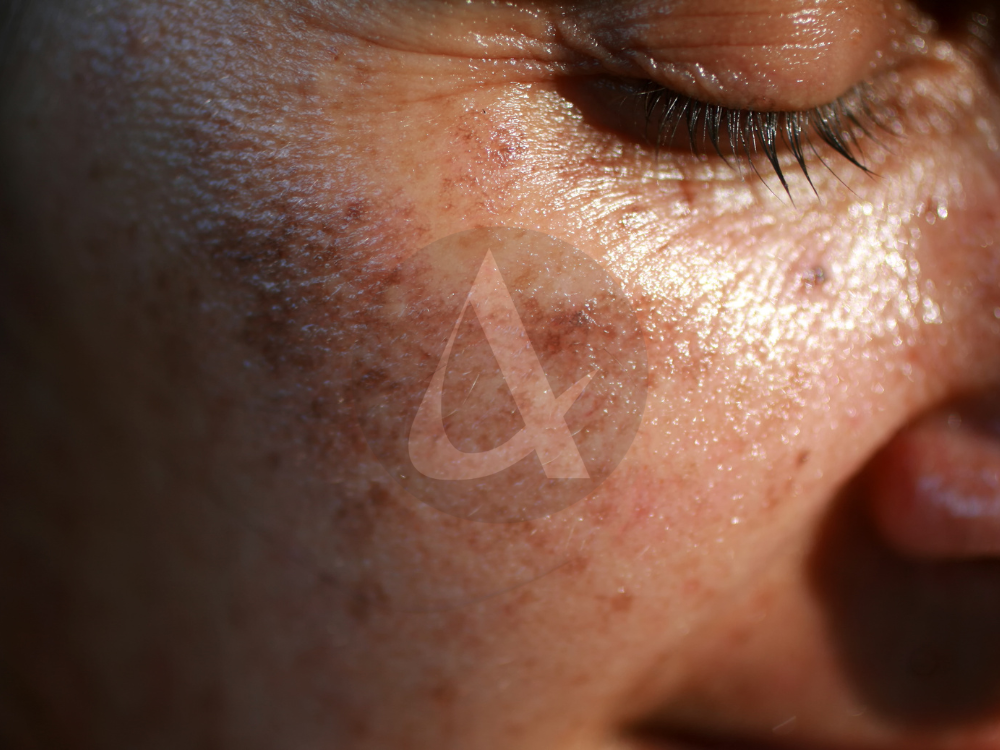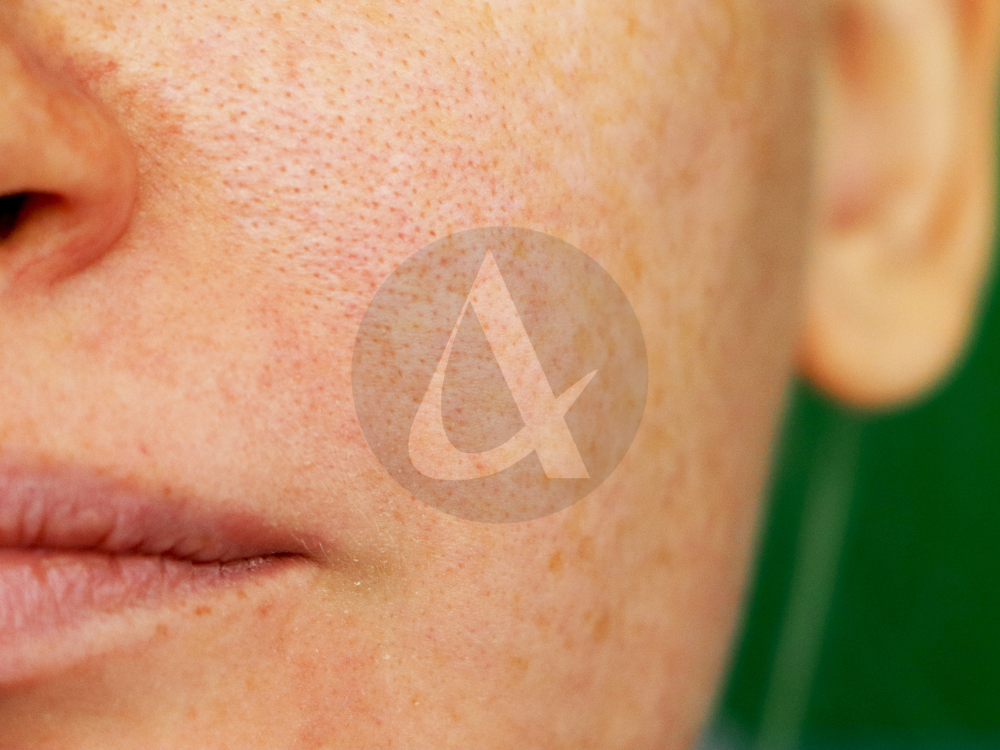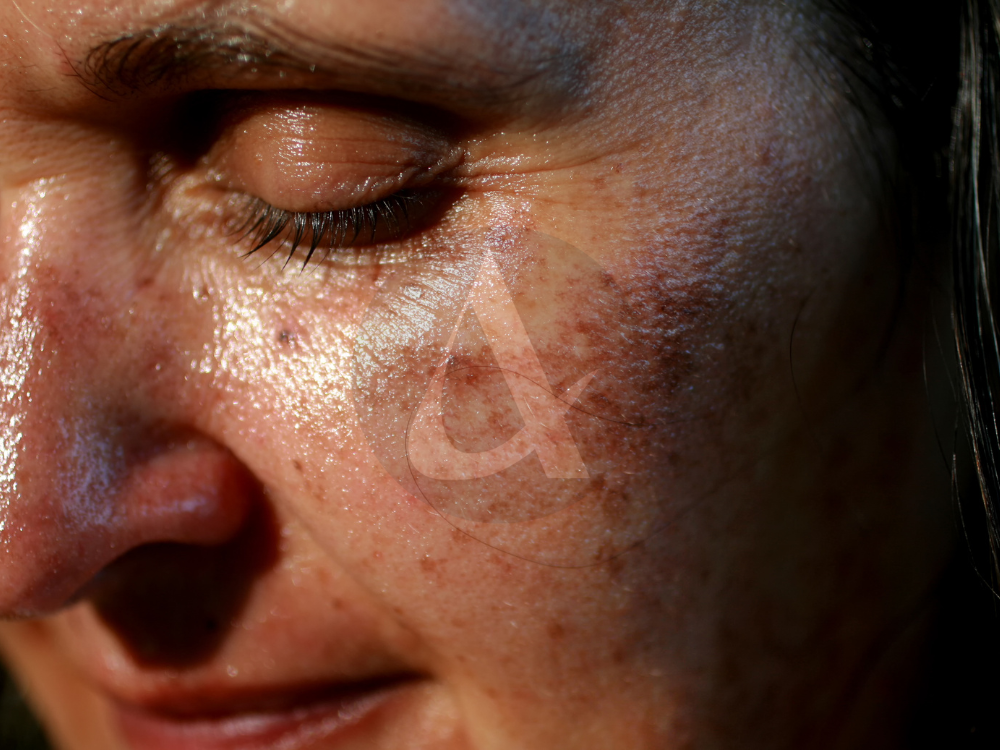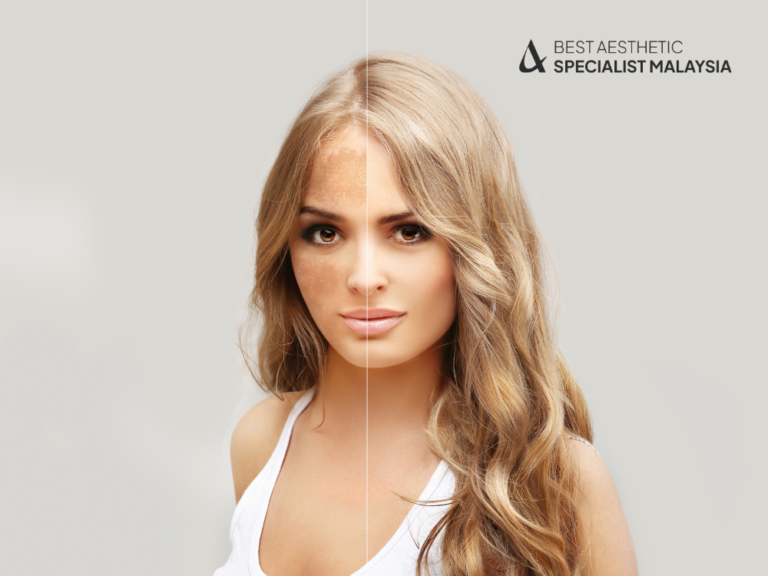Pigmentation issues, such as dark spots, melasma, and uneven skin tone, are common concerns for many people. Whether caused by excessive sun exposure, hormonal changes, or age, pigmentation can be frustrating and challenging to treat. However, achieving an even skin tone doesn’t have to involve expensive treatments or harsh chemicals. In fact, there are numerous natural ways to reduce pigmentation and improve the overall appearance of your skin.
In this article, we’ll explore five proven methods to combat pigmentation naturally, giving you the radiant, flawless skin you desire.
What is Pigmentation?
Pigmentation refers to the coloring of the skin, determined by a pigment called melanin. When melanin is overproduced in certain areas of the skin, it results in darker patches known as hyperpigmentation. This condition can appear in various forms, including:
- Melasma: Often associated with hormonal changes, this type of pigmentation appears as brown or gray patches, usually on the face.
- Freckles: Small brown spots caused by sun exposure or genetics.
- Sunspots (Solar Lentigines): Brown spots caused by prolonged sun exposure, typically on areas like the hands and face.
Pigmentation can affect anyone, and while it’s typically harmless, many seek ways to reduce its appearance for cosmetic reasons.

Causes of Pigmentation
There are various causes of pigmentation, and understanding the root of the issue is crucial to finding an effective solution. Some common causes include:
1. Sun Exposure
Excessive exposure to the sun’s ultraviolet (UV) rays triggers melanin production as a defense mechanism. Over time, repeated sun exposure can cause sunspots and worsen existing pigmentation.
2. Hormonal Changes
Hormonal fluctuations, particularly in women, can cause melasma or other forms of hyperpigmentation. This is often seen during pregnancy, the use of birth control pills, or hormone replacement therapy.
3. Skin Injuries or Inflammation
After an injury, acne, or inflammation, the skin may produce more melanin during the healing process, leading to post-inflammatory hyperpigmentation (PIH).
4. Aging
As we age, our skin’s ability to regenerate slows down, and years of accumulated sun exposure result in age spots or dark patches.
5. Genetics
Some individuals are genetically predisposed to pigmentation issues. Freckles, for instance, are often hereditary.

5 Proven Ways to Combat Pigmentation Naturally
Now that we’ve identified the common causes of pigmentation, let’s dive into some natural and effective ways to reduce its appearance. These methods focus on using ingredients and habits that promote healthy, even-toned skin without the need for harsh chemicals.
1. Aloe Vera
Aloe vera is a well-known plant with powerful skin-healing properties. It contains a compound called aloesin, which has been shown to inhibit the production of melanin, helping to lighten pigmentation over time.
How to Use: Apply fresh aloe vera gel directly to the affected areas daily. Leave it on for about 30 minutes before rinsing it off with lukewarm water. Consistent use can help fade dark spots and improve skin tone.
2. Vitamin C
Vitamin C is a potent antioxidant that plays a crucial role in skin brightening. It helps reduce the appearance of pigmentation by inhibiting tyrosinase, the enzyme responsible for melanin production. Additionally, Vitamin C can protect the skin from further UV damage.
How to Use: Look for serums or creams that contain stabilized Vitamin C (L-ascorbic acid) and apply them to your skin daily. You can also consume Vitamin C-rich foods, like citrus fruits and berries, to boost your skin from the inside out.
3. Apple Cider Vinegar
Apple cider vinegar contains acetic acid, which can lighten pigmentation and improve the skin’s overall texture. Its astringent properties also help balance skin tone.
How to Use: Mix equal parts apple cider vinegar and water, and apply the solution to the pigmented areas using a cotton pad. Leave it on for a few minutes before rinsing it off with water. Do this once a day, but be sure to do a patch test first, as it can be harsh on sensitive skin.
4. Licorice Extract
Licorice extract is another natural remedy that has shown to be effective in reducing pigmentation. It contains glabridin, which helps inhibit melanin production and reduces skin discoloration caused by sun exposure.
How to Use: Look for skincare products that contain licorice extract or apply licorice root powder mixed with water directly to the skin. Use it regularly to see visible results over time.
5. Green Tea Extract
Green tea is rich in antioxidants that help repair damaged skin and reduce inflammation. Its active compound, epigallocatechin gallate (EGCG), has been found to help lighten pigmentation and protect the skin from UV damage.
How to Use: Brew green tea and let it cool down. Use a cotton ball to apply it to your skin, or look for skincare products containing green tea extract. Drinking green tea regularly can also help promote healthier skin.
Lifestyle Tips to Prevent Pigmentation
In addition to natural remedies, adopting healthy lifestyle habits can play a vital role in preventing and reducing pigmentation.
1. Sun Protection
Since sun exposure is a major cause of pigmentation, protecting your skin from UV rays is essential. Use a broad-spectrum sunscreen with an SPF of at least 30, wear protective clothing, and avoid being outside during peak sunlight hours (10 AM to 4 PM).
2. Hydration
Staying hydrated supports skin health by improving its ability to repair and regenerate. Drink plenty of water and use hydrating skincare products to keep your skin moisturized.
3. Healthy Diet
A balanced diet rich in antioxidants, vitamins, and minerals can improve skin health from within. Focus on consuming foods high in Vitamin C, Vitamin E, and beta-carotene to support skin repair and reduce pigmentation.
4. Gentle Exfoliation
Exfoliating regularly can help remove dead skin cells and encourage the growth of new, healthy skin. Opt for gentle exfoliators to avoid irritation and inflammation that could worsen pigmentation.

FAQs about Pigmentation
1. Can pigmentation go away on its own?
In some cases, pigmentation can fade over time, especially if it’s caused by temporary factors like sun exposure or inflammation. However, more persistent types of pigmentation, such as melasma, often require treatment.
2. Is pigmentation a sign of skin damage?
Pigmentation can be a sign of skin damage, particularly if it’s caused by excessive sun exposure or post-inflammatory hyperpigmentation. Protecting your skin from further damage is crucial.
3. Are natural remedies effective for pigmentation?
Yes, many natural remedies can be effective for reducing pigmentation, especially when used consistently over time. However, results may vary depending on the severity of the condition.
4. Can pigmentation return after treatment?
Yes, pigmentation can return, especially if the underlying causes, such as sun exposure or hormonal changes, are not addressed. Maintaining a skincare routine that includes sun protection can help prevent recurrence.
5. How long does it take to see results from natural pigmentation treatments?
Results from natural treatments vary, but you may begin to see improvement in a few weeks with consistent use. Some pigmentation issues may take longer to resolve, especially if they are deep or long-standing.
6. Is pigmentation dangerous?
Most forms of pigmentation are harmless, though they can be a cosmetic concern. If you notice sudden changes in your skin’s appearance, it’s best to consult a dermatologist.
